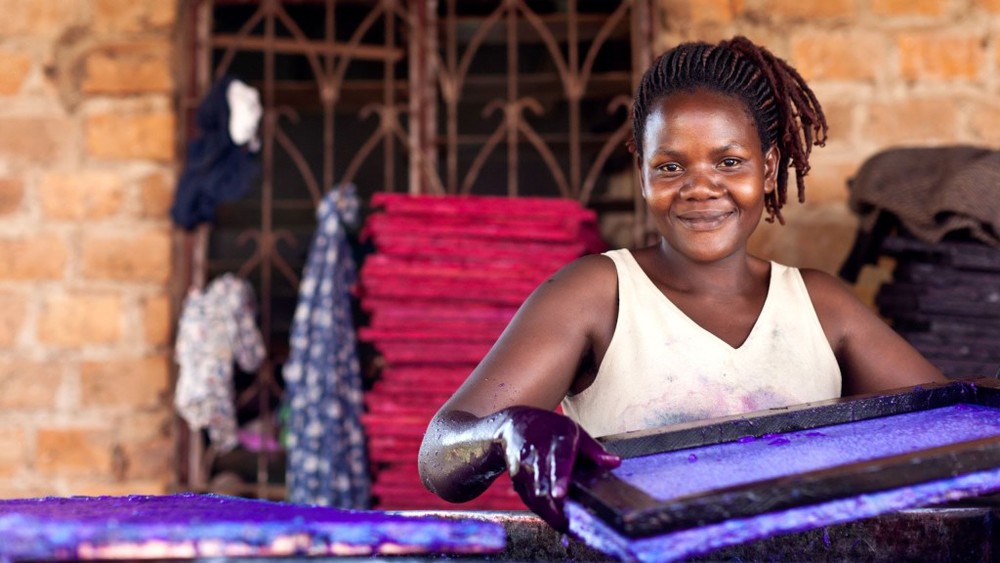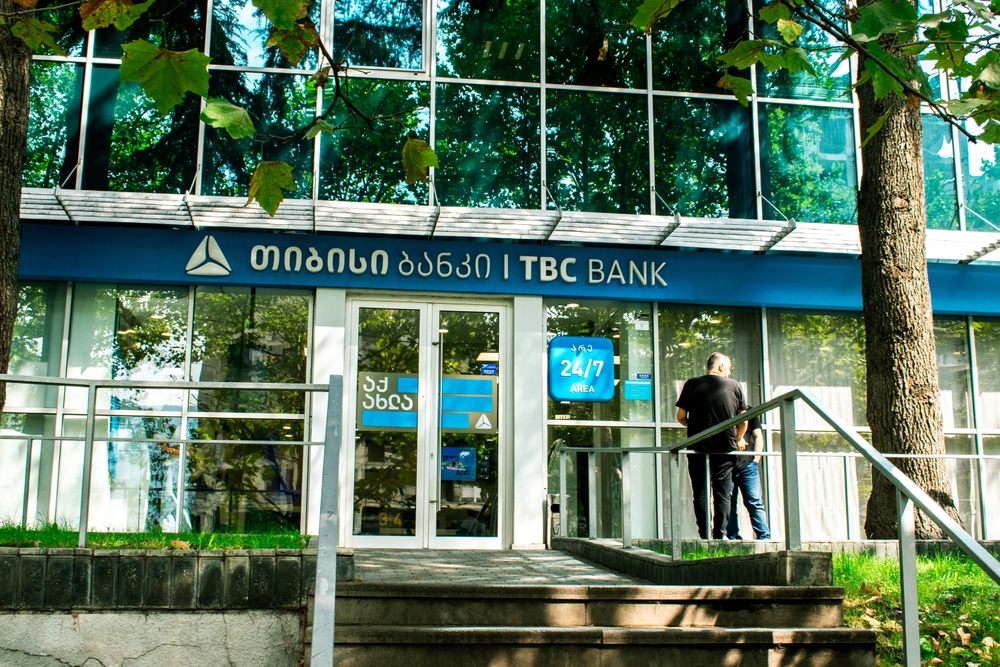More than ever, women are starting their own businesses, particularly in parts of the Global South, where women remain key drivers of economic growth. In Uganda, for example, one in three businesses are owned by women, further highlighting the strategic role women play in socioeconomic development. However, women-owned and led businesses continue to face systemic barriers, such as gender bias and institutional exclusion, that make it difficult for women entrepreneurs – wherever they are – to access affordable capital and support services and grow their businesses to reach their full potential.
According to the International Finance Corporation, women-led small and medium-sized enterprises (SMEs) in developing countries face a financing gap of about $320 billion annually. As Suzanne Biegel, Co-Founder of GenderSmart, notes, “now is the time for investors to recognize these disparities and adopt a gender-lens investment strategy.” Expanding the scope of financial intermediaries to include gender lens investing and gender smart business development to explicitly meet the needs of women entrepreneurs across developing economies, is a key to unlocking further local economic growth and support sustainable development.
To reach U.N. Sustainable Development Goal Five (SDG 5), to “achieve gender equality and empower all women and girls” by the 2030 goal, stakeholders across the private sector and in support services must create a more inclusive environment for women entrepreneurs. Some newer approaches are pointing the way forward. Investment funds like Nigeria’s Alitheia Capital, for example, are leading the fight for gender equality through the launch of a $100 million gender-lens investing fund, Alitheia IDF, that provides catalytic capital to a diverse portfolio of women-owned and led SMEs across Africa. Similarly, the Aspen Network of Development Entrepreneurs, with support from USAID, in 2019 launched the ANDE Gender Equality Initiative (AGEI) to help strengthen intermediary organizations that provide a range of business development support services to women entrepreneurs in developing economies.
This combined work of ANDE and Alitheia on gender lens investment and building intermediary capacity to support women entrepreneurs has provided several important lessons:
1. Understand the challenges woman-led small businesses experience in their region. A continuous cycle of on-the-ground research is needed to identify regional challenges and provide the tailored support small businesses most need. For example, in preparation for the launch of their African Women Amplified (AWA)platform, Ghana’s Ashesi University conducted a comprehensive survey to map the South African landscape of women entrepreneurs. With this first hand information, they were able to build a tool that will help meet these women where they are in their professional and personal lives and provide the resources they need most.
2. Create space for intentional peer-to-peer learning. The women entrepreneurs that ANDE members work with have repeatedly highlighted their desire to engage in networks with other women entrepreneurs to share their journeys, challenges, and triumphs. ANDE’s member, Property Point, was able to curate a safe and open environment that fostered collaboration and mutual growth among nearly 200 women-owned businesses following their Access to Finance webinar. They’ve seen that women entrepreneurs are increasingly keen to find informal opportunities to learn from one another’s challenges and successes.
3. Build roadmaps to achieving gender equality that include small, practical steps. Small businesses are often concerned that closing gender gaps may take time away from their funding efforts or business goals. However, simple, actionable changes, like enacting a maternity leave policy, can create sustainable benefits over time. Renew Strategies is developing a playbook that offers a step-by-step guide with checklists, tools, and templates to help businesses achieve gender equality without compromising their operational efficiency.
4. Be intentional about outcomes. Investing in women should run the whole gamut of the investment cycle from eligibility through value-creation to exit, and from boardroom to factory-floor. Gender consciousness should be embedded in the investment thesis, strategy, goals, and relevant metrics that can be tracked throughout the life of the investment. In supporting small businesses, especially women-led businesses, Alitheia’s approach is to assess the gender performance of a business at pre-investment stage,and place the company on a spectrum ranging from Gender Negative to Gender Strategic, depending on the company’s level of gender consciousness and intentionality. This is demonstrated in Alitheia IDF‘S portfolio company, ReelFruit. Alitheia has worked closely with them to determine a path to being Gender Strategic including relevant metrics.
5. Embed a gender-lens into the investment process and business value chain. A gender lens must be applied at every stage of the fund’s investment process, and at every level of a company’s value chain. The Alitheia IDF gender lens toolkit successfully operationalizes the fund’s thesis of supporting women wherever they are economically active either as owners, employees, supply chain players (as producers, processors, distributors), or customers. This is particularly pertinent given the preponderance and critical role of women actors in the value-chain of businesses that enable access to essential goods and services. Alitheia IDF’s (AIF) investment in Jetstream Africa, a tech-logistics platform, illustrates the strategic use of the toolkit to embed a gender lens throughout all stages of the investment process.
6. Support female fund managers. Women remain underrepresented at the investor level where funding decisions are made. For instance, women fund managers make up less than 25% of the total fund managers active on the African continent. To support female entrepreneurs effectively and unleash women’s full economic potential as entrepreneurs and consumers, this underrepresentation must be addressed. Diverse representation at the decision-making level of funders through to the businesses that benefit from their funding and the broader ecosystem of the value-chains of such businesses, is essential.
Small, growing businesses have an essential role to play in achieving gender equality, but they need the full backing of financial institutions and support service providers dedicated to cultivating an entrepreneurial ecosystem that is both inclusive and supportive of women. Advancing women as successful business owners today enhances local job creation, helps countries advance their progress towards SDG 5 and other SDGs, and is a valuable investment that will continue to pay dividends in creating sustainable benefits for generations to come.
Tokunboh Ishmael is co-founder and managing director of Alitheia Capital. Richenda Van Leeuwen executive director of Aspen Network of Development Entrepreneurs.












